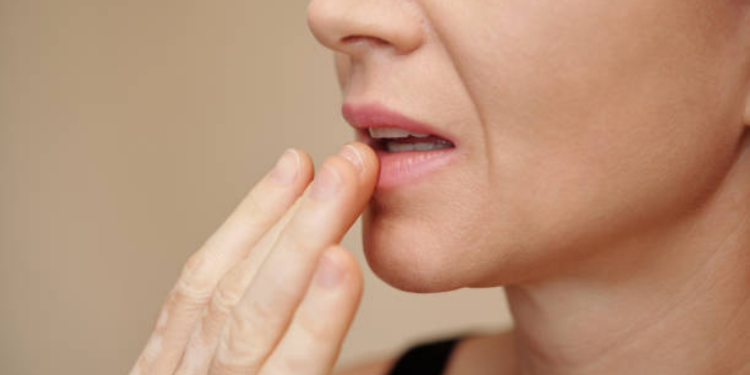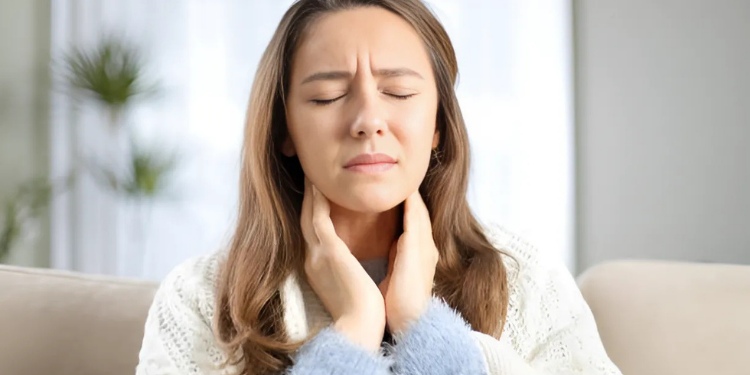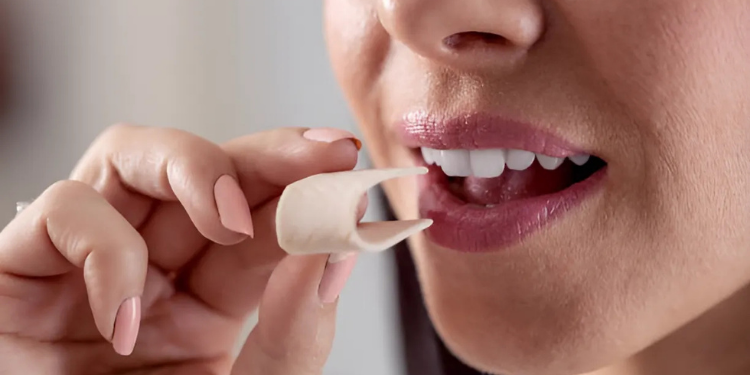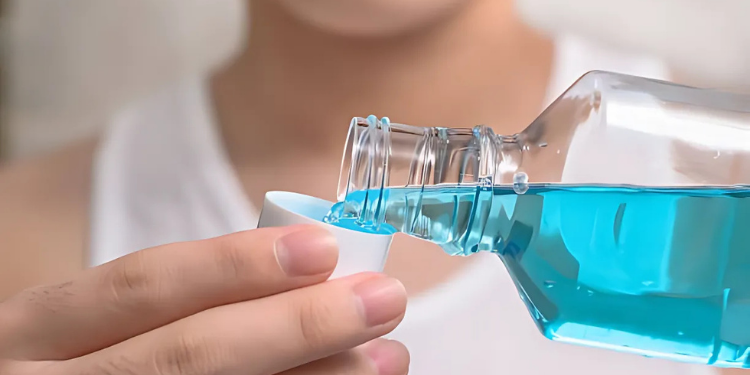
Dry mouth, medically known as xerostomia, is a condition where there is a reduction in saliva production, leading to discomfort and difficulty in speaking, swallowing, and tasting food. While occasional dry mouth is common, persistent dryness can indicate an underlying health issue that requires attention.
Dry mouth can significantly affect your daily life; making speaking, eating, and even swallowing uncomfortable. If dry mouth persists or is accompanied by other dental symptoms or severe cases of tooth decay, dental implants may be considered.
Causes of Dry Mouth
Dry mouth can be caused by a variety of factors, ranging from lifestyle habits to medical conditions. Understanding the underlying causes is key to effectively managing the condition and preventing associated health issues. In this section; we will explore the most common causes of dry mouth, including dehydration, medications, and certain health conditions, to help you identify the root of the problem.

Dehydration
One of the simplest and most common causes of dry mouth is dehydration. When the body lacks sufficient water, saliva production decreases, resulting in a dry mouth. Dehydration can be triggered by factors like hot weather, excessive alcohol consumption, or not drinking enough water throughout the day.
Medications
Many medications can cause dry mouth as a side effect. These include antihistamines, decongestants, antidepressants, and blood pressure medications. Chemotherapy and radiation therapy, especially when targeted at the head or neck, can also damage salivary glands and lead to a dry mouth.
Mouth Breathing
Breathing through the mouth, especially while sleeping, can dry out the mouth and throat. Conditions like nasal congestion or sleep apnea often lead to mouth breathing, exacerbating dryness.
Medical Conditions
Certain health issues can contribute to dry mouth. Autoimmune diseases like Sjögren’s syndrome, diabetes, and Parkinson’s disease are known to impair the function of the salivary glands. Neurological conditions or damage to nerves affecting the salivary glands can also result in reduced saliva production.
Aging
As people age, the salivary glands may naturally produce less saliva. Older adults may also be taking medications that contribute to dry mouth. Moreover, age related conditions like arthritis or dementia can complicate the management of oral hygiene, making dry mouth more prevalent.
Tobacco and Alcohol Use
Smoking and chewing tobacco can reduce saliva flow and lead to a dry mouth. Similarly, alcohol consumption is known to be dehydrating, further reducing saliva production and exacerbating dryness.
Symptoms of Dry Mouth

The symptoms of dry mouth can vary from mild to severe, but they generally include:
-
A dry, sticky feeling in the mouth
-
Difficulty swallowing, speaking, or tasting food
-
Cracked lips or a dry tongue
-
Bad breath (halitosis)
-
Soreness or a burning sensation in the mouth
-
Increased thirst
-
A dry or sore throat
If left untreated, dry mouth can also increase the risk of developing dental issues, such as tooth decay, gum disease, and oral infections, as saliva plays a critical role in neutralizing acids and washing away food particles.
Effective Treatment Options for Dry Mouth
While addressing the underlying cause is crucial, there are several effective treatment options that can help manage and alleviate the symptoms of dry mouth. These treatments range from lifestyle adjustments and over the counter remedies to prescription medications and medical devices designed to stimulate saliva production.
Stay Hydrated
Drinking plenty of water throughout the day is one of the most effective ways to manage dry mouth. Sipping water regularly helps keep the mouth moist and prevents dehydration, which is a common cause of dryness. Opt for sugar free drinks, such as water or herbal teas, and avoid caffeine and sugary beverages, as they can exacerbate dryness.
Use Saliva Substitutes
When natural saliva production is low, saliva substitutes like sprays, gels, or lozenges can provide temporary relief by adding moisture to the mouth and helping to alleviate the discomfort associated with dryness, but while they improve comfort in the short term, they do not resolve the underlying issue causing the reduced saliva production, such as dehydration, medication side effects, or an underlying health condition.
Chew Sugar Free Gum or Lozenges

Chewing sugar free gum or sucking on lozenges can stimulate saliva production by encouraging the salivary glands to secrete more moisture, offering a natural and effective way to alleviate the discomfort of dry mouth. In addition to increasing saliva flow, products containing xylitol can further benefit oral health by inhibiting the growth of harmful bacteria that contribute to plaque buildup.
Avoid Dehydrating Substances
Certain substances can worsen dry mouth by further dehydrating the body. Alcohol, caffeine, and tobacco can all exacerbate dryness. Alcohol, in particular, dehydrates the mouth and should be avoided, as should alcohol based mouthwashes. Reducing or eliminating these substances can help manage dry mouth more effectively.
Humidify Your Environment
Using a humidifier in your home, especially at night, can help maintain moisture in the air, which is particularly beneficial for people who experience mouth breathing during sleep. A humidifier helps prevent the mouth and throat from becoming too dry, improving overall comfort.
Use Oral Care Products Designed for Dry Mouth

Proper oral hygiene is crucial for people with dry mouth, as the lack of saliva increases the risk of tooth decay and gum disease. Choose alcohol free mouthwashes and fluoride toothpaste, which help protect teeth and reduce further discomfort. Toothpastes specifically designed for dry mouth can help promote saliva flow and provide added relief.
At Smile Center, we are dedicated to helping you achieve optimal oral health and comfort every day. If you are experiencing dry mouth or have concerns about your oral health, our team of professionals is here to provide personalized care and guidance.
For more information on how to manage dry mouth and other related conditions or if you'd like to speak with experts who specialize in oral health, feel free to reach out to us through the contact details on our website. Smile Center is always by your side, working to ensure a healthier, happier tomorrow for you!
REFERENCES:
-
Felicio A, Weiss BG. Wenn die Spucke wegbleibt [Dry mouth (xerostomia)]. MMW Fortschr Med. 2020 Feb;162(3):48-49.
-
Thakkar JP, Lane CJ. Hyposalivation and Xerostomia and Burning Mouth Syndrome: Medical Management. Oral Maxillofac Surg Clin North Am. 2022 Feb;34(1):135-146.


